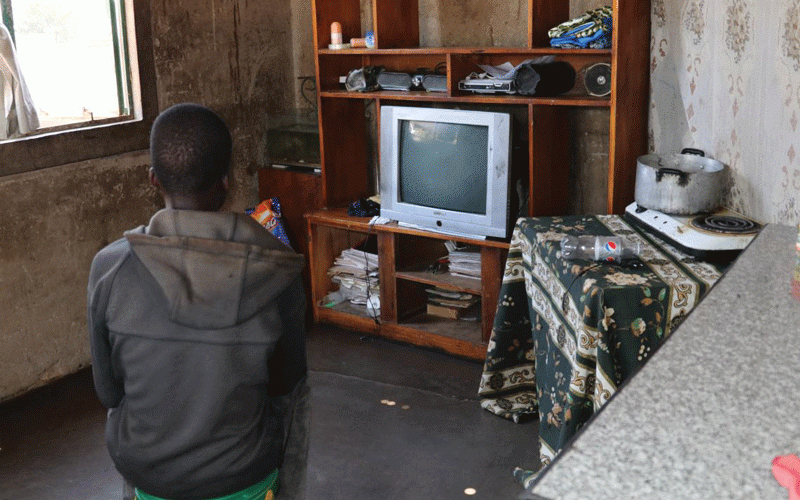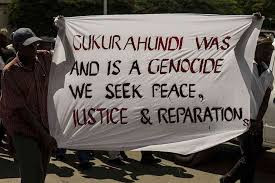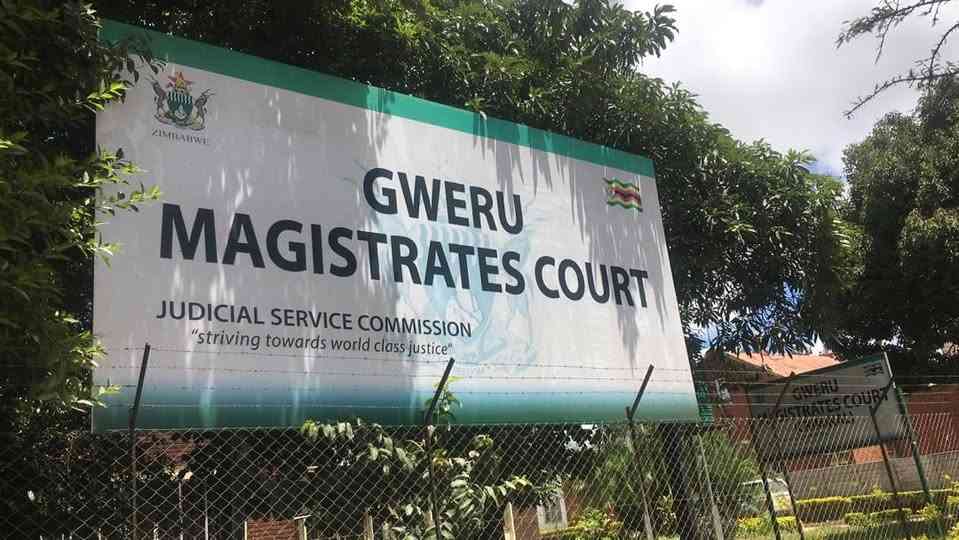
Sixteen year-old Frank Ndlovu* sits on an empty 20-litre bucket repurposed as a makeshift chair outside his grandmother’s six-roomed house and narrates a story of hope, resilience and ambition.
It was not always like this. He didn’t know where his next meal would come from four months ago.
Ndlovu, who lives with his eight-year-old brother, is a beneficiary of the Emergency Social Cash Transfer Programme (ESCT).
The programme has two aims: first, to provide immediate support to chronically vulnerable households in urban locations to cope with the impact of Covid-19 and second, to align closely with the government led HSCT and support its functioning and reach across the country.
“Before we started to receive Cash Transfer Programme money through my grandmother, who takes care of the four of us, life was hard,” Ndlovu said.
“We slept on empty stomachs, and our rentals from this house were insufficient since we had expenses.
“My parents passed away, leaving the two of us and a nephew who stays with gogo (grandmother) in the rural areas.
“We all go to school. It was hard for gogo to care for us, and this monthly cash injection we get has helped.”
- Revisiting Majaivana’s last show… ‘We made huge losses’
- Edutainment mix: The nexus of music and cultural identity
- ChiTown acting mayor blocks election
- Promoter Mdu 3D defends foreigners 30 minute set
Keep Reading
Ndlovu’s grandmother, who stays in rural Lupane, about 200 km from Bulawayo, travels to the city to collect the money monthly, which she uses to buy food for the family.
Cash transfer programmes and other in-kind support, such as providing food rations and vouchers, have been used in Zimbabwe and across the globe as effective instruments in supporting vulnerable populations to meet their immediate needs and cope with the strains of the various crises.
“When our grandmother collects the money, she buys us food that lasts a month,” Ndlovu said.
“These are usually enough to see my brother and me through.
“I have learnt over time to be a figurehead in the family, and I manage to make sure we do not waste our potion,” he added as he instructed his brother to start boiling water to prepare for supper.
What has also helped is that Ndlovu and his brother are on the government’s Basic Education Assistance Module (Beam), which contributes to and assists orphans and vulnerable children in attaining education in their respective schools in Zimbabwe.
Beam is a national school assistance programme launched by the government of Zimbabwe in 2001 to assist orphans and vulnerable children.
Financing of the programme mainly comes from the government of Zimbabwe.
Ndlovu said: “The money from tenants helps gogo to buy maize seed and other things she needs for her upkeep in Lupane.
“So, the money we are getting from Unicef is exclusively helping us with other needs.
“Sometimes we even buy exercise books, and unlike in the past, I am just focused on my education without feeling vulnerable or out of place at school.”
Ndlovu’s young brother Peter interjected saying: “I would like to work for Unicef one day.
“I want to help people and make them feel good about themselves.”
In August 2020, Unicef in close partnership with the ministry of Public Service, Labour and Social Welfare and with financial support from the governments of Germany and Sweden, introduced the Emergency Social Cash Transfer Programme (ESCT)
The programme started its support in 2020 to a limited number of households in the two districts of Gutu and Highfields, situated within Masvingo Province and Harare.
It has since expanded to reach over 113,500 people within 25,000 homes, including close to 53,000 boys and girls across the urban localities of eight districts in Harare, Bulawayo, Masvingo, Matabeleland North and Matabeleland South, providing them with timely cash transfers every month and linking to complementary nutrition and child protection services.
Beyond supporting households to meet their immediate food needs, evidence of cash transfers across different countries also shows that it can give household dignity and self-worth and help with children’s confidence and morale as they no longer stand out in school.
Ndlovu explained further how the programme has impacted him and his family.
“Now I can dress like other children,” he said.
“I now have electricity and water. Before the Cash Transfer programme, we could not contribute to paying for electricity and water, so only the tenants had access while we were in the dark.
“It was hard to do my homework, and I suffered emotionally seeing that my friends had what we didn’t have.”
Asked to explain why they never used the money from rentals to cater for their needs, Ndlovu said the payments needed to be more stable, and when the tenants finally paid, it was barely enough to sustain two households.
“Sometimes the tenants are incapacitated financially and would go for months without paying rent,” he said.
“When they did, we had to ensure gogo had enough to help her in the rural areas, leaving us with almost nothing.”
Ndlovu sighed before smiling: “We are in a far, much better position now.
“My dream of becoming a doctor is not far-fetched, and my work at school has improved.
“I hope this programme continues because it is helping many vulnerable families in this community.” – Unicef
*Not real name









